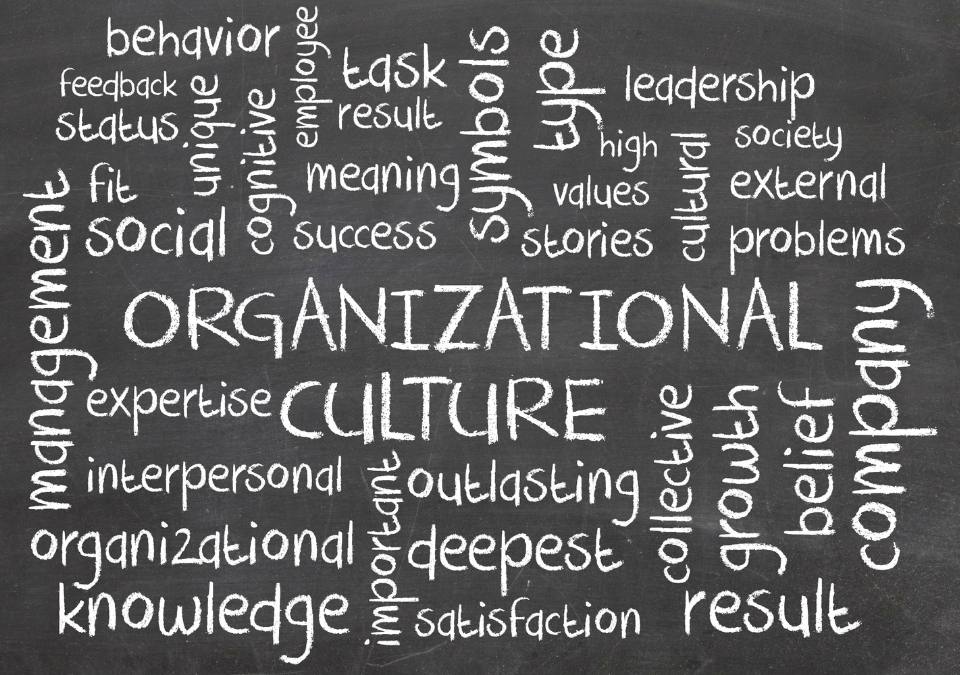I was fortunate to recently attend the Australian Conference on Culture and Leadership, sponsored by Human Synergistics Australia.This annual conference is often a gold-mine of tips and inspiration in terms of the challenges and opportunities of workplace culture, and this year’s event was no exception.
Here are a few of my personal highlights from the conference:
Corrine Canter (Human Synergistics Aust) and Rob Phipps (Evolvefast)
- Culture change is NOT an event, it’s an ongoing process requiring the ongoing attention of the most senior leaders in the business.
- A critical early step in any culture transformation effort is to understand and appreciate why things need to change. Seek answers to questions such as: Why is it important to the business to change? Why is the change important to individuals? Where are we going, what’s our vision? Where are we currently?
- Forces FOR change are often external (eg. competitive pressures), whereas forces working AGAINST change are often internal (eg. management and staff resistance). For change to be effective, the force/energy FOR change, needs to be sufficient to overcome the force AGAINST change.
- Corrine and Rob used the analogy of the ocean as a means to describe the challenges and opportunities of culture change. Like the ocean, culture isn’t something you control, it is something that you need to learn how to read and regularly care for to be kept clean, healthy and powerful. When you get it right, that’s when you can catch a long smooth wave of performance.
- The conference also saw the launch of Rob and Corrine’s “Catching Waves: Getting Culture Right” white paper – available for download here.
Philip Noble, Chief Executive – Queensland Treasury Corporation
- Philip described the effort to build a more effective culture within the Queensland Treasury Corporation. He highlighted the fact that it was a 5 year process and that, if the management team isn’t committed or cannot change the culture themselves, it’s time to move them on.
- “Culture is like painting the harbour bridge. It’s never finished, you just need to keep painting.”
- He also highlighted the importance of data to support the process – making the intangible tangible, and providing the opportunity to objectively identify those things that need fixing.
- Philip also addressed the fear and insecurity often felt when it comes to culture change. His advice? “Ignore the fear and grow the energy”.
- Look for opportunities to grow the sweet-spot – the intersection of the:
- Work we need to do/achieve
- Work we like to do
- Work we’re good at.
Ranna Alkadamani, GM People & Culture – Frasers Property Australia
- Ranna shared her organisation’s 5-year experience of shifting the company culture from one that was often defensive, oppositional and competitive to one that is consistently constructive, collaborative and focused on developing people.
- In the process, she highlighted the importance of capable leaders by quoting Daniel Goleman “Out of control emotions make smart people stupid.”
David La Rose, GM IBM Partner Ecosystem, IBM plus IBM Culture Coaches
- David discussed the commitment required by senior leaders to generate real change. He personally committed to (and completed!) 1:1 culture-focused discussions with his top 150 managers.
- He also discussed the need to commit to a long-term change process, and the importance of building allies and champions along the way. As one of the IBM Culture Coaches said, “Success needs to be a team sport.”
- The concept of genuine vulnerability as a positive leadership quality was also highlighted: “Not wanting to be vulnerable with others, to avoid disappointment and other threats, is like walking around under an umbrella just in case it rains.”
Full videos of the conference presentations are now available for viewing here.

